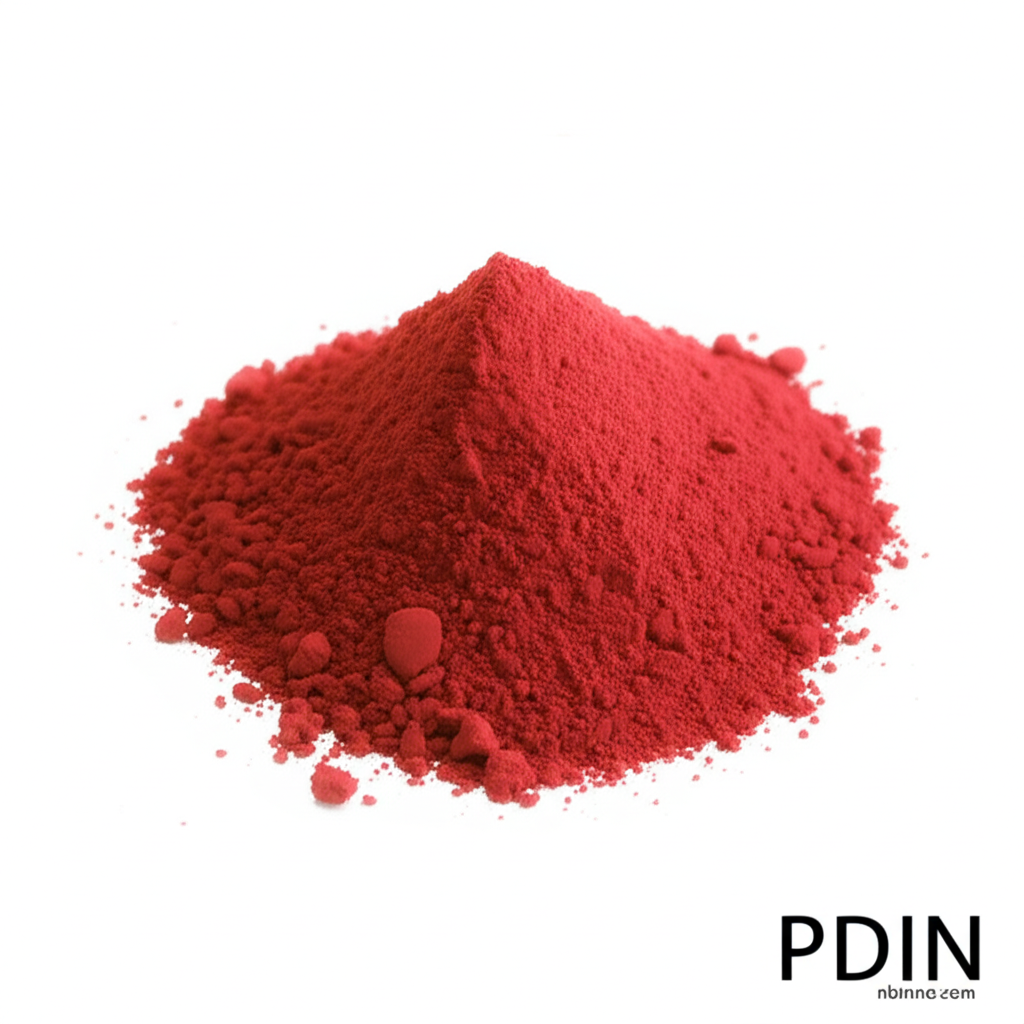PDIN: A Versatile Electron Transport Material for Advanced Organic Electronics
Enhancing organic electronic device performance with advanced electron transport capabilities.
Get a Quote & SampleProduct Core Value

PDIN
PDIN, a sophisticated organic compound, serves as a crucial electron transporting layer (ETL) material. It is instrumental in effectively modifying and enhancing the surface morphology of electronic components, promoting favorable out-of-plane π–π stacking with associated lamellar orientation. This contributes significantly to the overall performance and stability of organic electronic devices.
- As an electron transport layer, PDIN plays a vital role in optimizing charge carrier movement within organic electronic devices.
- The ability of PDIN to modify and enhance surface morphology is key to achieving superior performance in applications like OPV devices.
- PDIN can be effectively used as a surface modifier on ZnO when ZnO is employed as an ETL material, further boosting device efficiency.
- Its alcohol solubility, with the assistance of acetic acid, simplifies processing and integration into various organic electronic device architectures.
Product Advantages
Enhanced Device Performance
By improving surface morphology and promoting ordered molecular stacking, PDIN leads to higher efficiencies and better charge transport, crucial for next-generation organic electronics.
Versatile Application
PDIN finds utility across a range of organic electronic applications, including Organic Photovoltaics (OPV) and Organic Thin-Film Transistors (OTFT), highlighting its adaptability.
Processing Simplicity
Its alcohol solubility and compatibility with conventional processing methods, such as the use of trifluoroethanol as a solvent, simplify the fabrication of high-quality thin films.
Key Applications
Organic Thin-Film Transistors (OTFTs)
PDIN's properties as an electron transporting layer and surface modifier are highly beneficial for improving the performance and stability of OTFTs, enabling advanced flexible electronics.
Organic Photovoltaics (OPVs)
In OPV devices, PDIN contributes to efficient charge separation and transport, leading to enhanced power conversion efficiencies and overall device longevity.
Perovskite Solar Cells
PDIN demonstrates effectiveness in perovskite solar cells, addressing erosion issues and facilitating the formation of high-quality thin films, pushing the boundaries of solar energy conversion.
General Organic Electronic Devices
The material's capacity to modify ZnO surfaces and improve structural characteristics makes it valuable for a broad spectrum of organic electronic applications requiring optimized interfaces.
